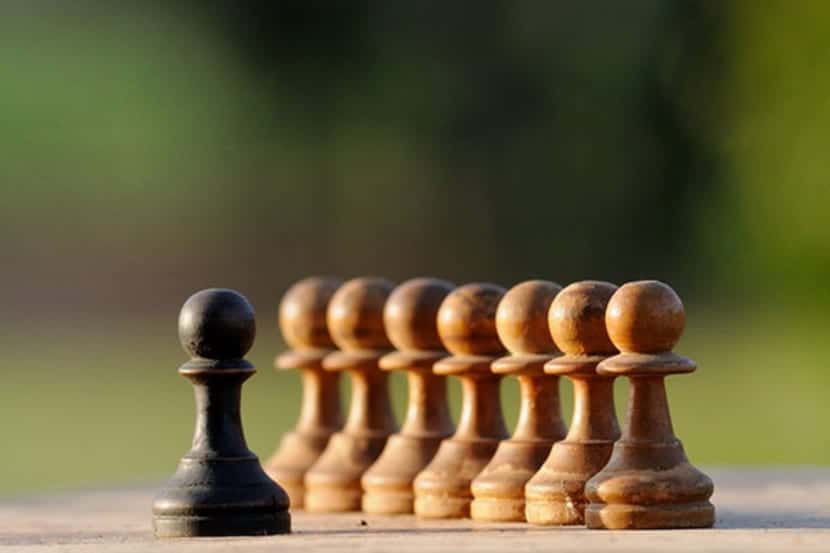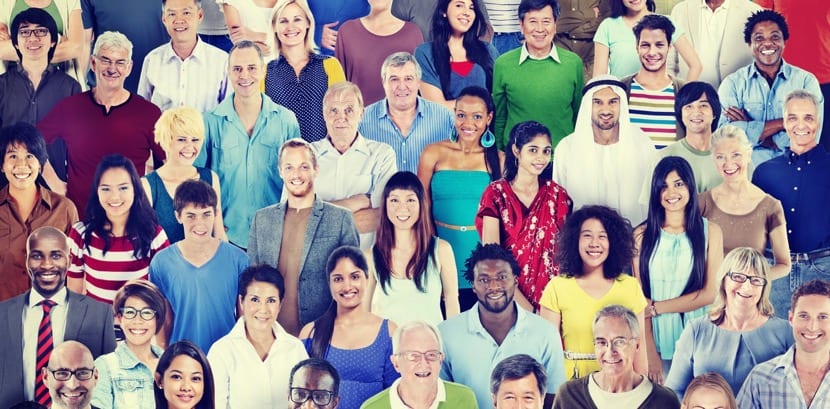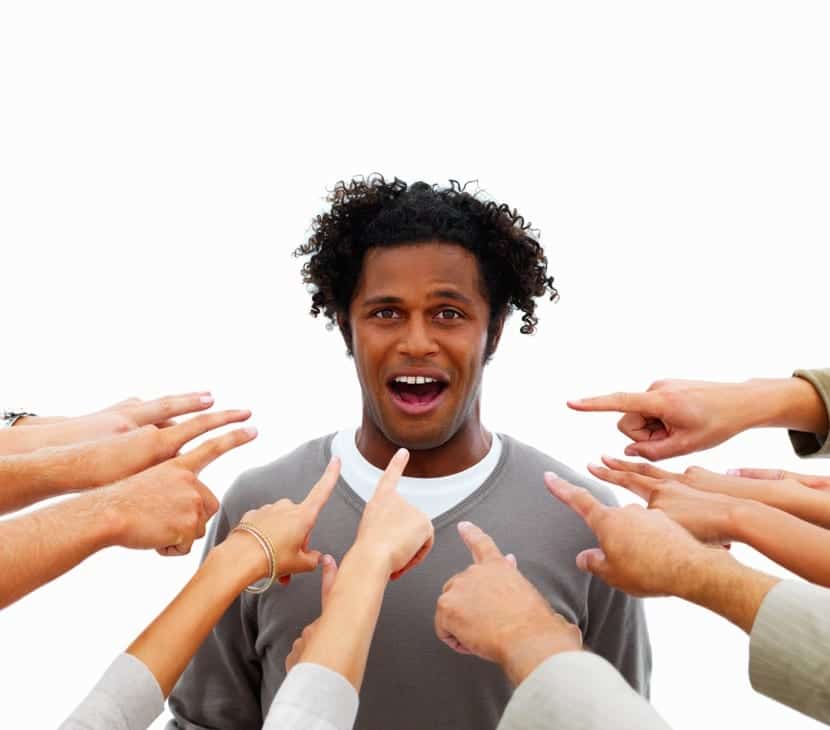
Throughout your life, it is more than likely that you have heard the word "prejudice." When speaking of prejudice, reference is made to the unjustified or incorrect (and especially negative) attitude towards a person based on the person's belonging to a social group. For example, a person may have biased views because of someone's race or gender.
Sometimes they are confused with discrimination. As we have commented in the first paragraph, prejudice is an unjustified attitude but when we refer to discrimination, we are talking about a behavior or a series of negative actions towards an individual or group of people especially because of sex, race, social class, etc.
Difference between prejudice and discrimination
A prejudiced person will not always act on their attitude. This means that someone who has them towards a certain group does not have to discriminate against them. Normally, prejudice usually has three key components in attitude: affective, behavioral and cognitive. Discrimination, on the other hand, only involves the behavior of the person who discriminates.
There are four explanations for understanding prejudice and discrimination in people: an authoritarian personality, conflict between people, stereotypes and having an inflexible concrete social identity.
Why do prejudices exist
People have prejudices and many times they show it without shame. They are often justified as that people with mental disorders can be dangerous, that immigrants steal jobs, that the LGBT community corrupts traditional family values, that all Muslims are terrorists because they are raised in hatred, that people who speak badly do not they have education, etc.
All these prejudices are baseless and unfounded… so why do they occur? Social prejudice is quite common and usually occurs because people get upset when the values that they believe to be unique and universal are not followed.
People tend to feel prejudice towards others when they deviate from the norm that is considered "normal", who break these "normal" physical or social patterns. Be it a skin color, a way of dressing, religious or cultural practices ... if they deviate from long-established social values, which are considered as a social behavior agreed by consensus ... It seems that then, they feel uncomfortable.

Aversion towards deviance
Starting from what has been commented above, then it can be understood that social prejudice can originate from the general aversion to deviation: the breakdown of the regular, of what we are already used to.
If true, then the way we think and feel about people who look different, or behave differently than the norm, it should be analogous to how we think and feel about objects that disrupt the general regularity of our visual experience: the pencil that is slightly out of line in a row of pencils, the paint patch on the bedroom wall is a shade darker that the rest of the room ... and all that "different" uncomfortable.
Prejudices appear early in life
Dislike of deviation from the social norm appears early in life and exists in almost all cultures. The greater the discomfort of a person for that "deviation from the accepted social normal" in normal life, the more inflexibility they will have towards people who break social norms such as dressing differently, having different physical characteristics than normal (different color skin, physical deformities or even people with achondroplasia), or intolerance of racial minority groups.
Prejudice doesn't make you racist
Being prejudiced by other people does not mean that you are racist. The part of the discomfort that these prejudiced people suffer is something internal that they experience in response to that social "deviation". They are negative gut feelings, it is simply to see that a social pattern is broken, nothing more.

We tend to assume that the thoughts and feelings we have about our families, friends, colleagues, and strangers are the product of reasoning and experience, and are largely removed from how we think about the physical world. However, social attitudes, what we like and what we dislike for various types of people and various forms of behavior, are more related than we might think to our preferences in the physical world, what you learned culturally and your own personal experiences.
Influenced feelings
People's feelings are directly influenced and affected by lived experiences. For example, representations of physical and social warmth are actually connected in brains; from birth we associate physical warmth (being close to another person) with social warmth (trust and care), and this effect persists throughout our lives.
Physical and social pain also overlap. Social pain experienced from rejection by another person or group activates the same underlying brain region as the experience of physical pain, so much so that taking over-the-counter pain relievers for two weeks actually helps the person get over a breakup because you are presented with physical discomfort due to emotional discomfort.
There is no magic pill to reduce social prejudice, But it is a duty that is had at a social level and that should be carried out on a massive scale. The problem is that people who have prejudices try to reason them or give them in some way a logic that explains their thoughts, which makes those false beliefs that they adopt to justify prejudices consider it as something correct, when in reality, they do not. it is.
Society should begin to abandon these senseless justifications of prejudice to begin to be more tolerant and live in harmony without unjustified hatred of other people causing social conflict. Working on empathy, acceptance, assertiveness and tolerance would be a great social start to end prejudice. If we all did, we would live in a more cohesive and happy society.
